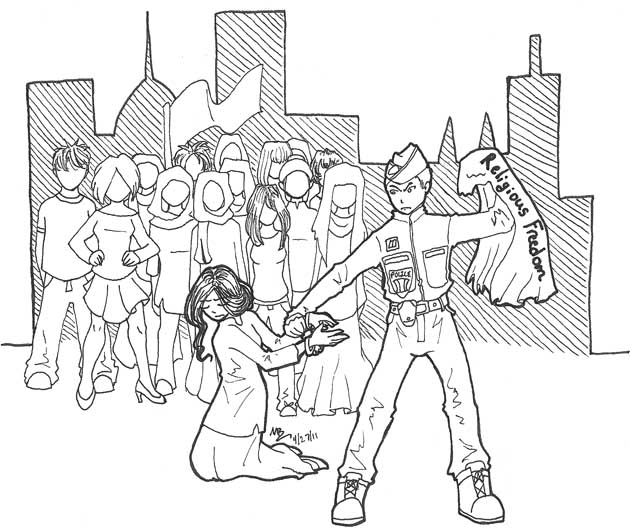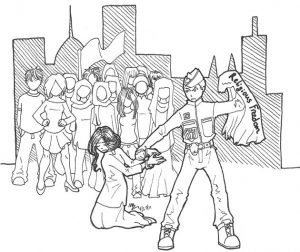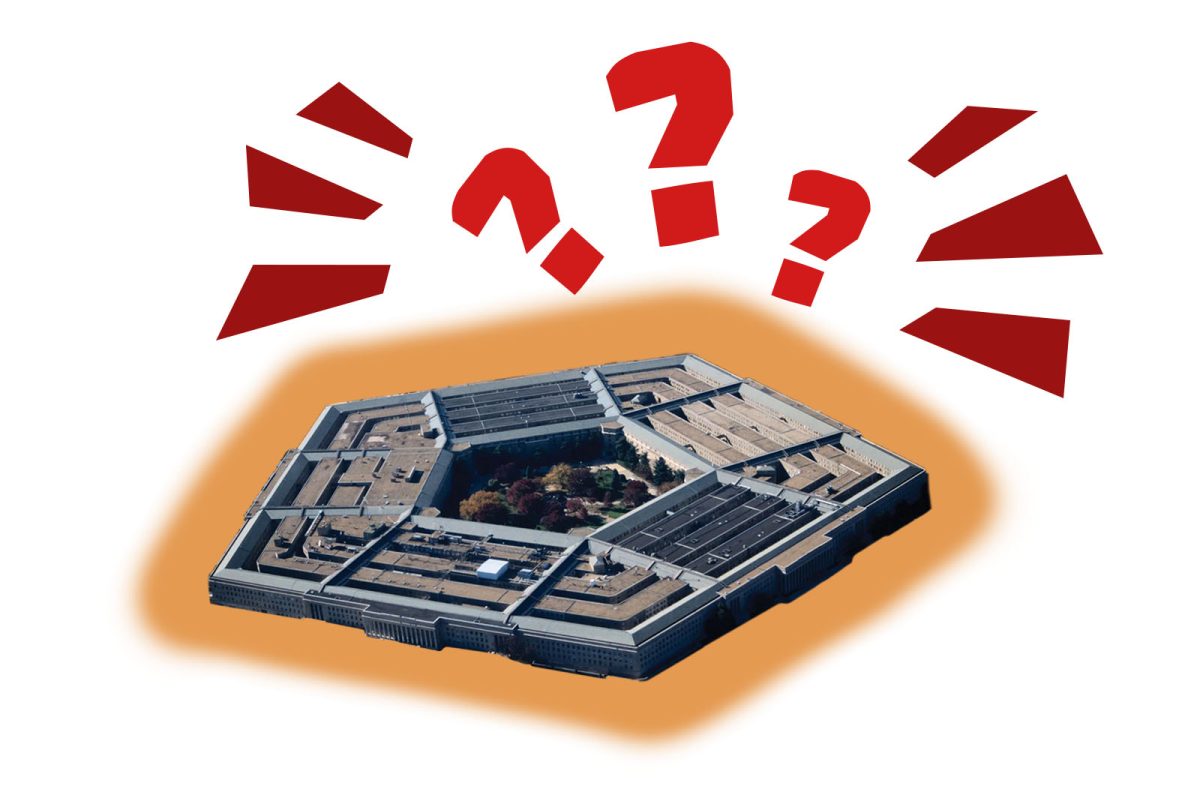As summer nears, mosquitoes will head out in full force, ready to cause you unnecessary pain to stick with you for the rest of the season, striking once with a seemingly endless backlash.
Thus, the giant mosquito bite of human history—the classic battle of Church and State—has unnecessarily struck again, and an end to this backlash does not appear to be in sight.
This mosquito hovers above France, thought to be one of the most developed and advanced countries in the world but proving certain discrepancies to the theory with a recent law.
The law bans covering one’s face in public in order to assure that a person could be identified in the event that they commit a crime. In addition to motorcycle helmets with shields, the law also bans veils like burqas and niqabs, traditional garments of Muslim women that cover the entire face.
The law hit a climax last week as two women were arrested for wearing burqas in public in an attempt to protest the recently instituted law and heavily debated threat to religious freedom.
Police claimed the women were arrested for protesting without a permit. The simple act of civil disobedience transpired into a seemingly personal attack on a religion that holds the second biggest concentration in France, next to Catholicism, raising more controversy than ever intended.
The wording of the law never mentions Islam specifically, but alludes to the traditional practices of the religion by including the wearing of veils. The French government claims that no specific religious prejudice is intended, naturally, but the law’s ambiguities prove to prejudice anyway.
If the goal, by using vague language, is to steer away from religious controversy, they are failing miserably. Instead, they are merely opening up the doors to a slippery slope of legal ambiguities. By American standards, if the wordage identifies the covering of one’s face as illegal, could this include baseball caps or sunglasses? What about scarves or headbands?
The first flaw of the law is the pretense it was passed under. It seems almost unbelievable that this law was voted through with the label of ‘security’ purposes. The French government obviously tried to legitimize the law by placing an official topic header above it, but instead, represented themselves as cowardly and ignorant.
Hiding behind this mask of security is just that: Hiding. It is a motion that lacks bravery and honesty where both are most needed. The ignorance to the public’s disgust at this law is a further setback in the government’s failing endeavor.
Second, it should go without saying that the government is meant to protect the personal freedoms of its people while simultaneously advocating their safety. These two should be able to work together without cancelling the other out. The real challenge of the government is to find that medium and promulgate it in the best way possible and not by eliminating certain religious norms.
In every battle of Church vs. State, there is the above-described conflict of safety vs. freedom, a conflict that has branched out to other aspects of governmental reach but rarely ends with a contented people, as is the case now.
It is a choice that the government must make in some situations, current airport security being one of those. In order to protect flights from terrorism, security standards have been heightened to a level that could almost be considered an invasion of privacy and a breach on one’s personal freedoms. After incidents in the past that prove this necessary, the near-invasion is, at the very least, understandable.
The veil has not given reasonable cause for these actions. It is preventative, maybe, but has no basis for prevention. Airport security has the power to uncover a concealed weapon but the revealing of one’s face only has the power of identification, which has no standing in preventing major acts of terrorism.
Lastly, creating a law whose child is an inevitable, widespread backlash is a step that governments should never take.
Granted, every law will have supporters and opposition, but it seems that this law almost has that opposition built in, undeniable in a world where the subject of religion has become so touchy.
Governments should not exclude necessary laws because they will cause controversy. They should exclude laws that seem so minute in their effect for the general population but dire in their effects on a select few.
Limiting religious freedom is the first step to chaos. Yes, the government should protect their people, but this is not the way to do it.












